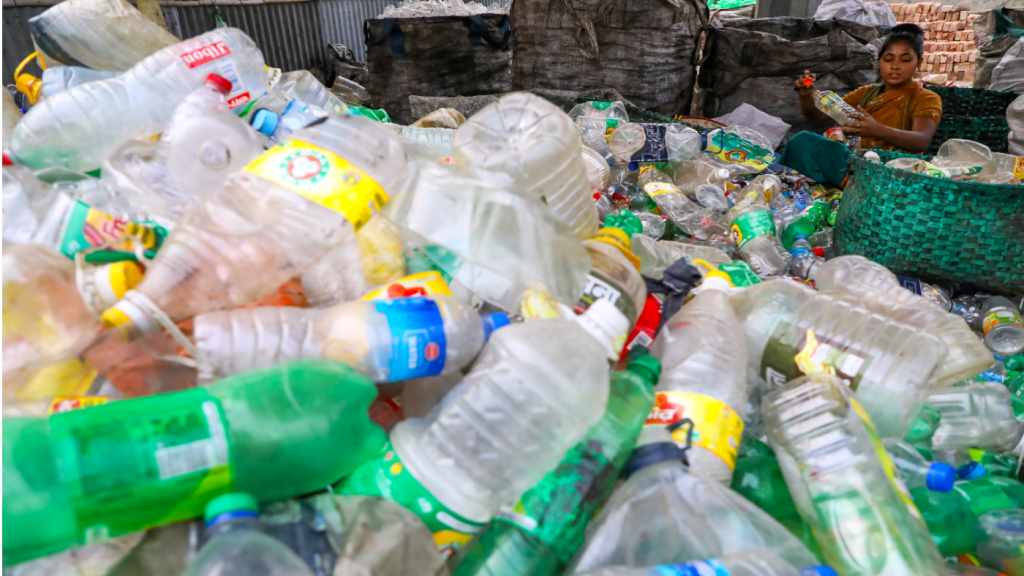
World Earth Day serves as a poignant reminder of our responsibility to protect and preserve the planet we call home. In recent years, one of the most pressing challenges threatening our environment is the proliferation of plastic pollution. The theme of “Planet vs. Plastic” encapsulates the urgent need to address this issue and highlights the critical choices we face in safeguarding the Earth’s future.
The Global Plastic Crisis:
Plastic pollution has reached crisis levels, with devastating consequences for ecosystems, wildlife, and human health. Each year, an estimated 8 million tons of plastic end up in our oceans, where it poses a severe threat to marine life. From sea turtles entangled in plastic debris to whales ingesting plastic bags, the impact of our plastic consumption is visibly catastrophic.
Furthermore, the pervasiveness of microplastics—tiny particles resulting from the breakdown of larger plastic items—has raised concerns about their potential effects on human health. These microplastics have been found in water sources, food chains, and even the air we breathe, underscoring the interconnectedness of plastic pollution and its far-reaching consequences.
The Planetary Toll:
Beyond its immediate environmental impacts, plastic pollution contributes to broader planetary challenges, including climate change. The production and incineration of plastic release greenhouse gases, exacerbating global warming and further destabilizing Earth’s climate systems.
Moreover, the extraction of fossil fuels necessary for plastic production degrades ecosystems, threatens biodiversity, and perpetuates our dependence on non-renewable resources. In essence, the plastic crisis is not just an isolated environmental issue but a symptom of our unsustainable relationship with the planet.
Shifting Paradigms: Towards a Plastic-Free Future:
Addressing the plastic crisis requires a multifaceted approach that encompasses policy changes, technological innovations, and individual actions. Governments, businesses, and civil society must collaborate to enact stringent regulations on plastic production, promote sustainable alternatives, and invest in waste management infrastructure.
Innovations such as recycling technologies, and circular economy models offer promising solutions to reduce our reliance on conventional plastics and minimize waste. Additionally, consumer awareness and behavior play a pivotal role in driving demand for eco-friendly products, supporting responsible waste disposal practices, and advocating for systemic change.
On World Earth Day and beyond, each of us has a role to play in the fight against plastic pollution. By adopting simple yet impactful habits—such as reducing single-use plastic consumption, recycling diligently, and participating in community clean-up efforts—we can contribute to a cleaner, healthier planet for future generations.
Moreover, advocating for systemic change through activism, education, and responsible consumer choices amplifies our collective impact and fosters a culture of environmental stewardship. Together, we can turn the tide on plastic pollution and forge a path towards a more sustainable and resilient planet.
As we celebrate World Earth Day, let us recommit ourselves to the cause of protecting our planet from the scourge of plastic pollution. By recognizing the intrinsic link between the health of the Earth and the proliferation of plastic, we can chart a course towards a brighter, plastic-free future for all life on Earth. The time to act is now—because when it comes to the choice between planet and plastic, there can be no compromise.












